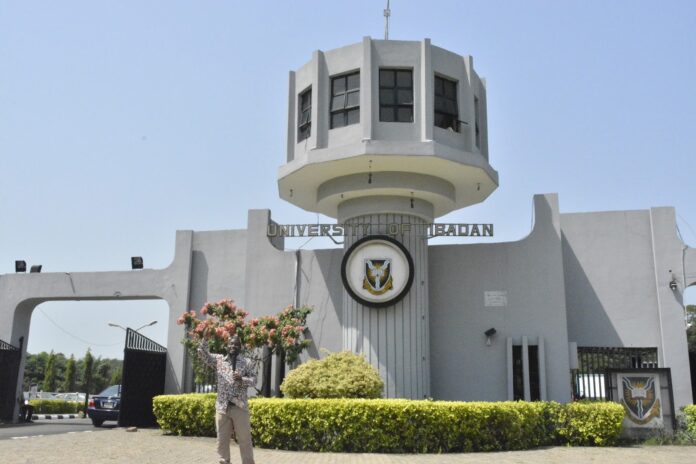Prof. Olayinka Omigbodun, the newly appointed Provost, College of Medicine, University of Ibadan (UI) has stressed the need to overhaul Nigeria medical education to address challenges of inadequate funding and lack of facilities.
Omigbodun made this call on Thursday in Ibadan, Oyo State.
According to her, medical education entails training of all health care professionals, therefore, adequate funding is required.
“If you train in a world class university, each student pays about 60,000 US dollars per annum, whereas when you study here in Ibadan, students pay the equivalent of around 100 US dollars per annum. Anything good costs money, nothing is free. What they do in the US is that they make scholarships and loans available so that people can have access to world class education. So, if we are going to be positioned well, we need to calculate how much it is going to cost for example to train one student studying Human Nutrition and Dietetics and that amount of money must be available to the institution training the student”.
The provost noted that scholarships and loans should be widely available and accessible as this would be a buffer for students who might not be able to afford the costs of training.
“That is where the government and other organisations; alumni, industries etc come in. They can provide scholarships or the government can make loans available. But I feel that in order for us to be positioned for the 21st Century in terms of training, we need adequate funding. The time has come for us to be realistic. So that we can have the right equipment, the right facilities and environment to carry out the very best training. We are going to need the right resources, educational facilities and all that. We need decent accommodation and also need to provide the students with an environment that will help develop character and enable students to have sound judgment”.
Omigbodun further said that as stated in the Mission Statement of the university of Ibadan, there was need to expand the frontiers of knowledge through the provision of excellent conditions for learning and research.
“If we don’t have the finances to provide the right facilities that is very unfortunate. For example, training dentists is very expensive. They need all the necessary equipment to practice adequately; so, they will be well trained in what they do, but if they don’t have it, then there is no way the training will be good”.
The provost noted that with the season of COVID-19 pandemic the world is in, it made it absolutely necessary that a lot of educational activities would now take place online.
According to her, that means lecturers are going to give lectures online and the students must be in a position to be able to receive the lectures.
“Everybody needs to have laptops or computers then the Internet speed must be adequate and fast to aid the transmission and follow what is going on. Normally, students learn by observing so if there is operation going on, they will stay in the theatre or if there is a ward round, but now they are going to learn remotely at least part of the time. So, we are going to need information technology, bio-communication services, e-library resources that will be able to put together adequate online learning in a systematic and purposeful manner. And that is going to require a lot of change and not only that, we need to carry out a rapid need assessment to find out what is required for the university to be able to deliver learning online. Do we have the capacity? A lot of private universities are already doing that. Do our students have the means to be able to participate in this mode of learning? The staff need to be trained, we need to have constant electricity supply as well as training and retraining of staff and even the students to be able to enjoy the new form of learning, that is going to take a lot. The needs of our students must be known also, are they ready, capable and so on. So, we also need to carry out a need assessment for our students. Another way in which we can improve on what we do is for the lecturers to be evaluated. So, if I give a lecture or a clinical session, the students should evaluate me the same way the students are assessed at the end through continuous assessments and exams, tests and so on. Students should also assess their lecturers but not in a negative way but in a productive way; so, they can improve on what they are doing and that is what obtains in the developed countries; anonymous evaluations so that people know it is not business as usual”.
Omigbodun further said exposure was another thing “because when you have international tutors, international students and so on, it helped to enrich the learning environment. Then if some of them also have opportunities for short term exposure in offshore institutions, that will be helpful even now because of COVID-19 there are travel restrictions. But one of the things we can do is to get international faculty teaching online; so, I think it will really help to broaden what we can offer and help our programmes”.
Don Advocates Overhauling of Medical Education in Nigeria
- Advertisement -
- Advertisement -
- Advertisement -
- Advertisement -
- Advertisement -

